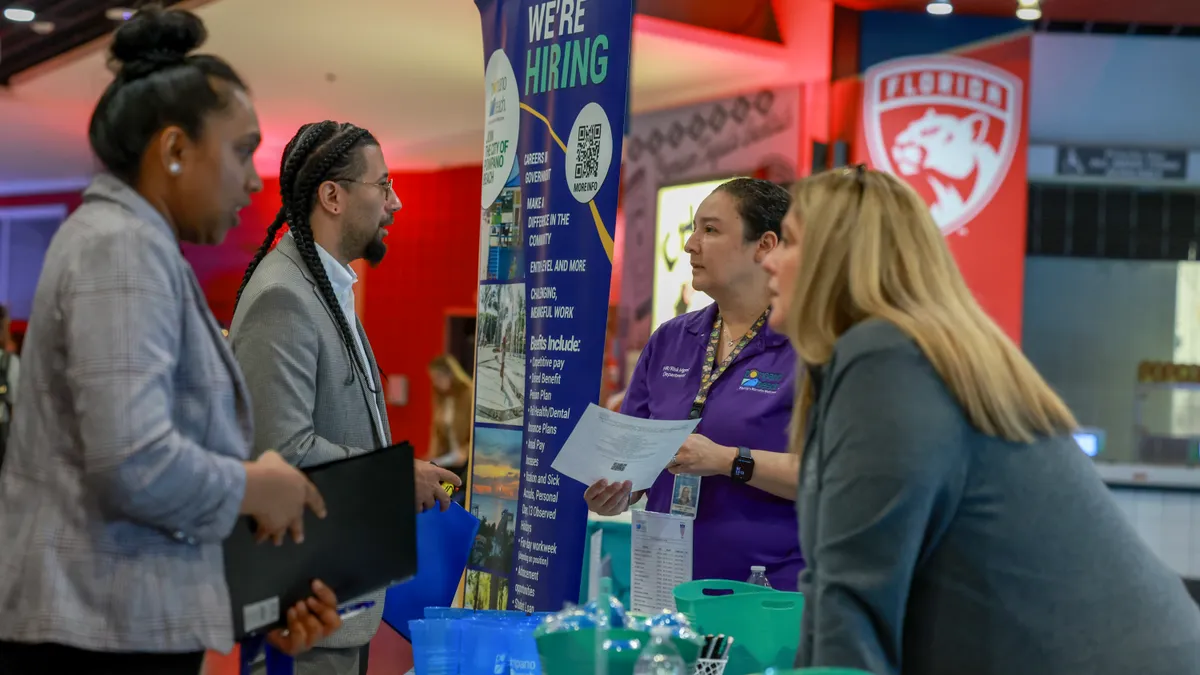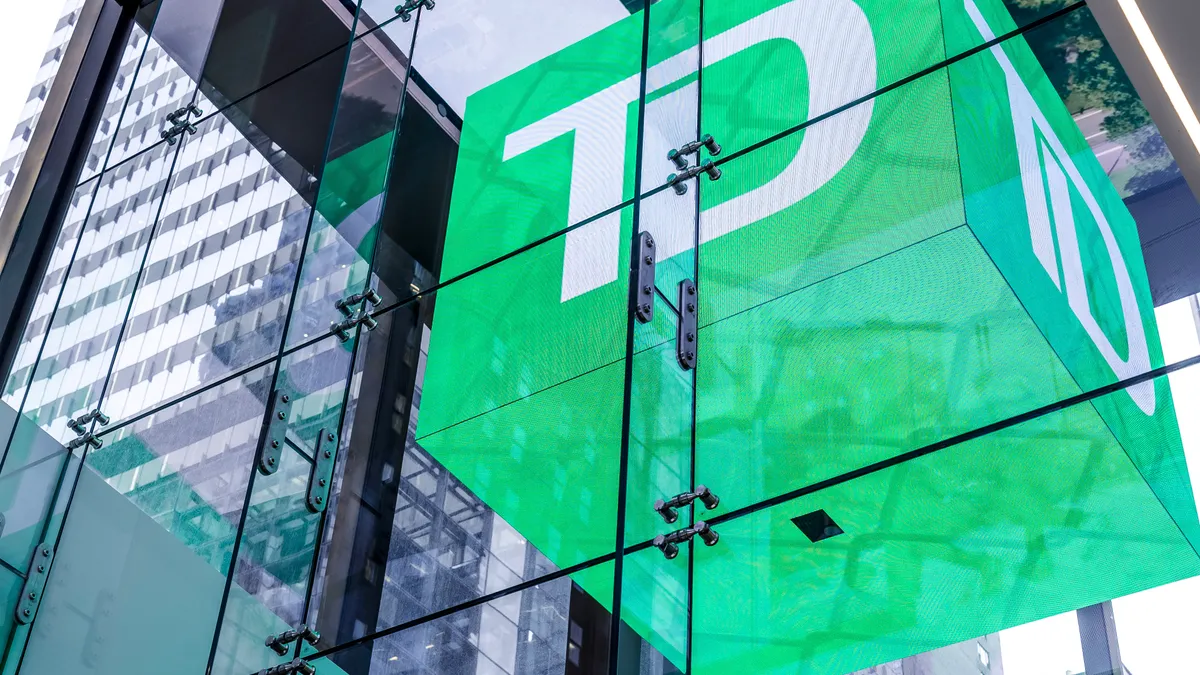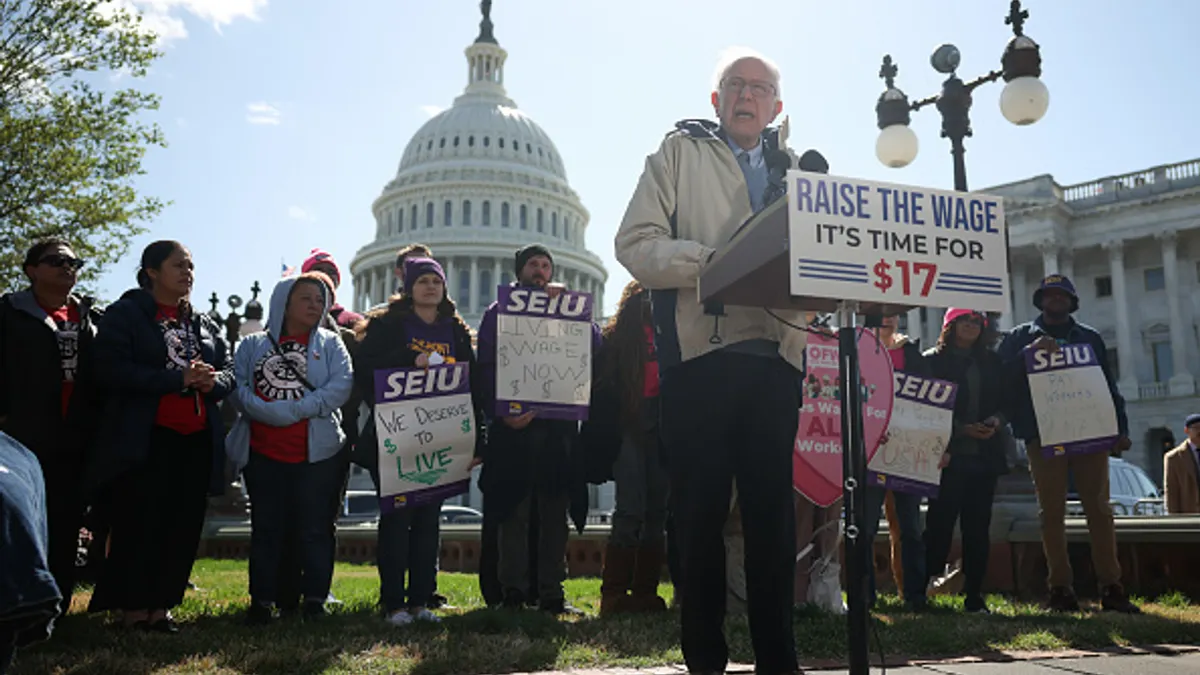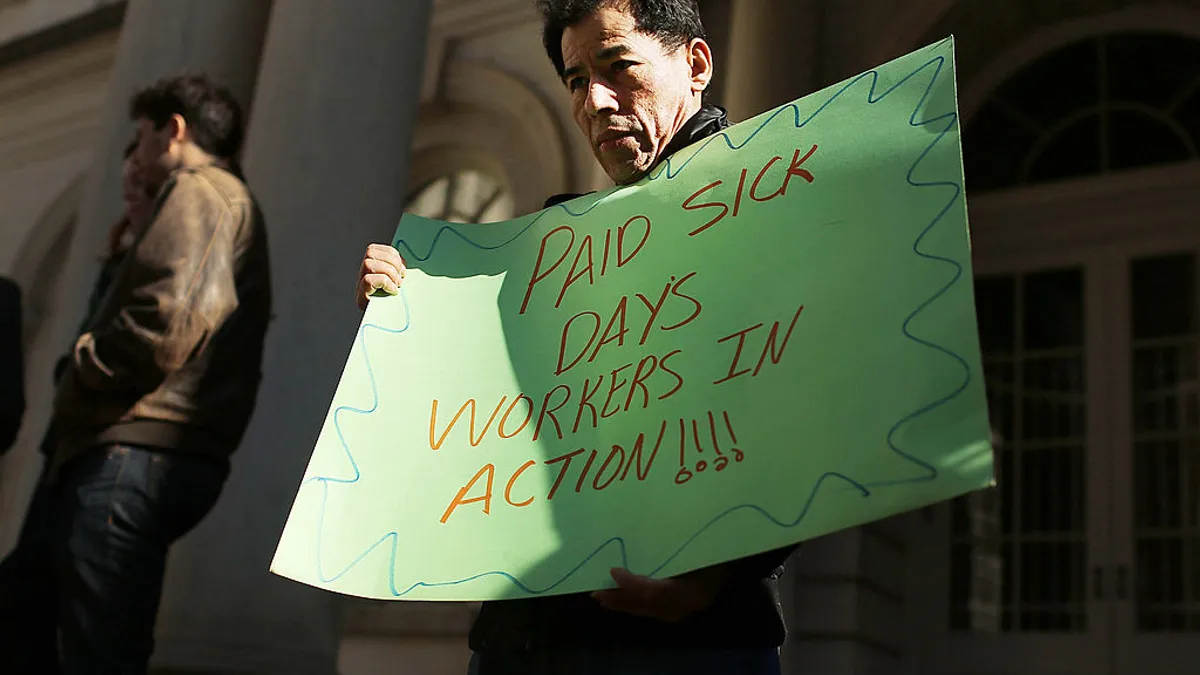When Allison Robinson gave birth to her first child in 2015, she wasn’t planning to take maternity leave. Or start a business. To her surprise, she did both.
“It’s really hard to predict how much life is going to change when you become a parent. It’s the most life-changing event,” Robinson told HR Dive in a recent interview. “When I was on leave, like so many people, my priorities came into focus.”
It was with this clarity and focus that Robinson had an idea. While on leave, she came across a statistic in the Harvard Business Review that troubled her: Over 40% of highly skilled women will leave the workforce after having children.
“I saw what a business opportunity that was,” she said. “If you could help these women, there’s so much value generated that we could participate in.”
Robinson knew what mothers — even those who had taken time off — could offer. Before having her son, she worked at Procter & Gamble on the Pampers brand. There, she dissected the behaviors of moms.
“Moms will do the impossible to build a better future for their family,” she said. Mothers with this kind of passion and drive needed opportunities at family-friendly employers, Robinson realized. And employers with supportive policies and workplaces needed talent with promise.
Robinson knew she had to find a way to unite the two. So in 2016, she founded The Mom Project.
More than a job board
The Mom Project is a digital talent platform that connects women with flexible job opportunities and companies with talented workers. In the last seven years, the Chicago-based company has accrued $116 million in total funding, alongside 290 full-time workers, who operate fully remotely. The platform itself harbors more than 1.2 million professionals, and more than 3,000 companies have used its services.
The platform is more than a job board, Robinson explained. It services the full spectrum of talent acquisition, facilitating return-to-work, returnship and “maternityship” opportunities. It sources freelance and contingent workers and assists with diversity initiatives.
“This work is so critical. So many women at some point will struggle to integrate work and family,” Robinson said. “As a result we lose far too many women too early because they lack access to flexible work with good employers who support them.”
A lack of flexible work is not the only reason moms exit the workforce. As a group, U.S. mothers face a few challenges that are pervasive and punishing. One such problem was spotlighted by the pandemic: child care. The availability of care has not fully returned since its eclipse during lockdown, Robinson noted. There are 80,000 fewer providers now than before the pandemic, a 7.5% difference that drives up the price of care.
Another nationwide problem is the spotty access to paid family leave. Three-quarters of the private sector workforce lack access to paid family leave, according to data from the U.S. Bureau of Labor Statistics.
The issues moms face outside work are compounded by those they confront on the job. Moms suffer when employers lack flexibility. Upwards of 90% of the people placed by The Mom Project last year landed remote roles, Robinson said. As companies implement hybrid policies or call workers back to the office full-time, “we know that’s harder on parents,” she said.
Employers have a large role to play in solving these problems. When employers offer flexible work arrangements, for instance, they show support to moms, some of whom say the challenge of balancing work and family stifles their careers. Half of employed mothers (and 39% of fathers) say being a working parent makes it harder for them to advance, the Pew Research Center reported in 2019. When asked about the challenge of balancing work and parenting, about half of respondents said they needed to reduce their hours or that “they couldn’t give 100% at work.”
Employers benefit when they find ways to support moms; mothers make up a talent pool that’s vast and valuable. “It drives me crazy when people say that moms are a niche,” Robinson said. The reality is quite the opposite: Most U.S. mothers work.
By several metrics, mothers prove to be good workers. Female employees with mom colleagues rate their anticipated productivity for next year 12% higher than those without mom colleagues, according to a study conducted by WerkLabs for The Mom Project. The same study reported that two-thirds of female workers with mom managers agreed that their managers enhanced overall productivity.
Moms also increased retention: Women who had co-workers and managers who are mothers reported being 40% more likely to stay at their current employer than those who lacked mom managers or co-workers. Moms at work also enhanced well-being, communication and employee experience, the study found.
Pathways to progress
“The Mom Project exists to help moms realize their full career potential,” Robinson said. “And on a broader scale for society and economy, to maximize these women’s contribution and value.”
To fulfill this mission, The Mom Project is not only focused on uniting moms with supportive opportunities, but preparing women for their next career move. In 2020, it founded RISE, a scholarship program that provides access to tech certifications through companies like Google, Salesforce and Microsoft.
The program caters specifically to women of color, Robinson said. When the pandemic disrupted jobs in fields like hospitality, women of color suffered disproportionately. The Mom Project seeks to provide upskilling opportunities to women who want to increase their earnings, change career paths or switch industries.
“We wanted to use the power of our platform and ecosystem to help build those pathways,” Robinson said. “Unless these women have the right skills, they could have all the potential but not get those jobs.”
The program has awarded 7,600 scholarships since its inception — including 4,500 in 2022 — and has a goal to give 10,000 scholarships by the end of 2023.
Robinson said she hopes The Mom Project will continue to find new ways to support mothers.
“The impact we’re having, it’s humbling. We have a great responsibility to continue to serve more moms in our community,” she said. “Today we’re in the U.S., but we have goals to have a global presence. We want to be the leading destination for moms thinking about their careers. It’s all in our roots.”
Correction: A previous version of this article misstated the total number of scholarships RISE awarded. The organization has awarded 7,600 scholarships since its inception.






















